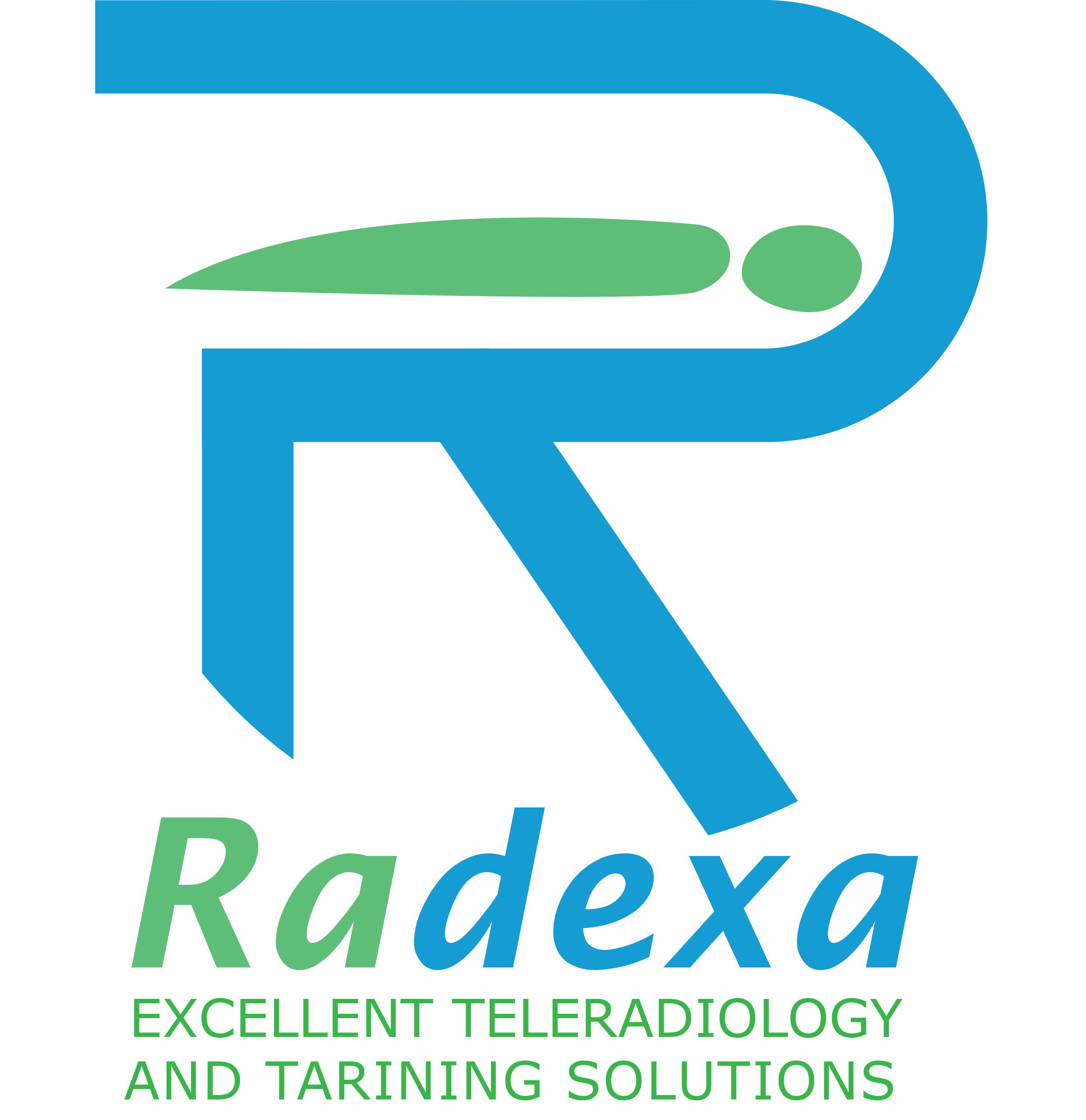USMLE
- Home
- USMLE
Coming Soon Courses
- Radiology refreshing courses
- Radiology conferences
- Prepare for core exams
- Prepare for boards
- Prepare for oral exams
Description
The USMLE is a highly reliable and relevant three-Step examination for medical licensure in the United States. It is sponsored by the FSMB and NBME. The USMLE assesses an examinee’s ability to apply knowledge, concepts, and principles, and to demonstrate fundamental patient-centered skills. These skills constitute the basis of safe and effective patient care. Health care consumers throughout the nation enjoy a high degree of confidence that doctors who have passed all three Steps of the USMLE have met a common standard.
The USMLE supports medical licensing authorities and physicians in the United States through development, delivery and continual improvement of high-quality assessments across the continuum of physicians’ preparation for practice.
State medical boards use USMLE outcomes to inform licensure decisions and to help achieve their mission of public protection. The USMLE program adheres to professional testing standards to provide fairness and equity to examinees, while identifying important information to medical regulators.
STEP I
Step 1 assesses whether you understand and can apply important concepts of the sciences basic to the practice of medicine, with special emphasis on principles and mechanisms underlying health, disease, and modes of therapy. It ensures mastery of not only the sciences that provide a foundation for the safe and competent practice of medicine in the present, but also the scientific principles required for maintenance of competence through lifelong learning. Step 1 is constructed according to an integrated content outline that organizes basic science material along two dimensions: system and process.
Step 1 is a one-day examination. It is divided into seven 60-minute blocks and administered in one 8-hour testing session. The number of questions per block on a given examination form may vary, but will not exceed 40. The total number of items on the overall examination form will not exceed 280.
The examination also includes a minimum allotment of 45 minutes of break time and a 15-minute optional tutorial. The amount of time available for breaks may be increased by finishing a block of test items or the optional tutorial before the allotted time expires.
STEP II
Step 2 CK assesses an examinee’s ability to apply medical knowledge, skills, and understanding of clinical science essential for the provision of patient care under supervision and includes emphasis on health promotion and disease prevention. Step 2 CK ensures that due attention is devoted to principles of clinical sciences and basic patient-centered skills that provide the foundation for the safe and competent practice of medicine under supervision.
Step 2 CK is a one-day examination. It is divided into eight 60-minute blocks and administered in one 9-hour testing session. The number of questions per block on a given examination will vary but will not exceed 40. The total number of items on the overall examination will not exceed 318.
STEP 3
Step 3 assesses whether you can apply medical knowledge and understanding of biomedical and clinical science essential for the unsupervised practice of medicine, with emphasis on patient management in ambulatory settings. It is the final examination in the USMLE sequence leading to a license to practice medicine without supervision.
The examination material is prepared by examination committees broadly representing the medical profession. The committees comprise recognized experts in their fields, including both academic and non-academic practitioners, as well as members of state medical licensing boards. Step 3 content reflects a data-based model of generalist medical practice in the United States. The test items and cases reflect the clinical situations that a general, as-yet undifferentiated, physician might encounter within the context of a specific setting.
Step 3 provides a final assessment of physicians assuming independent responsibility for delivering general medical care.
Key Point
- Reliable Licensure Exam
- Sponsorship and Structure
- Assessment Focus
- Consumer Confidence
- Support for Licensing Authorities
- Role in Licensure Decisions
- Professional Testing Standards
